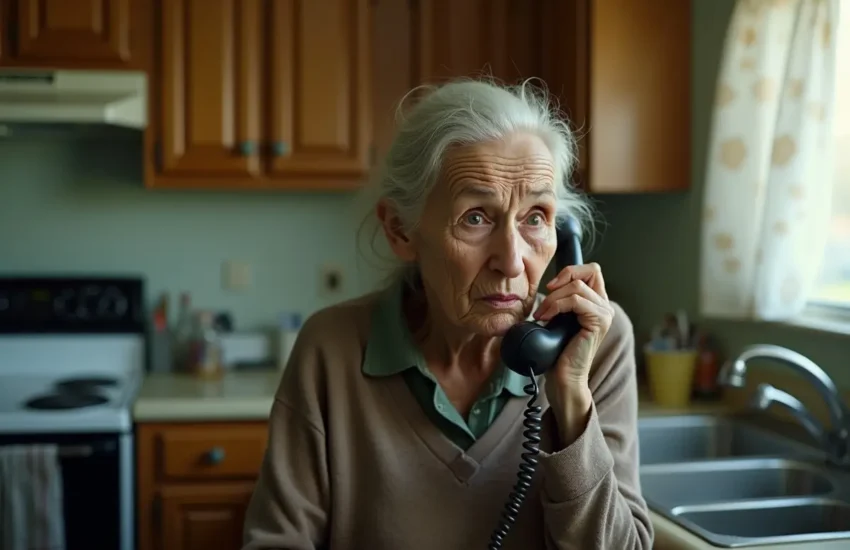No Credit vs. Bad Credit: Navigating the Path to Financial Well-being
The topic of no credit vs bad credit can seem confusing. However, it is an essential part of understanding how to manage your money and plan for the future. Each has its own pros and cons, and knowing how to navigate these can make a big difference in your financial health. This article aims to highlight the important aspects of both no credit and bad credit. We’ll cover how each status affects your life and steps you can take for improvement.

The Importance of Credit in Life
Having a credit history plays a vital role in modern society. It’s not just about being able to borrow money. Your credit score affects various aspects of your life. Moreover, if you ever want to take out a loan for a big purchase like a car or house, having a good credit score can save you thousands of dollars in interest over time. Therefore, understanding the ins and outs of credit is necessary for anyone who wants to be financially stable.
Why Having No Credit Can Be a Setback
You might think that no credit is a positive thing because it means you don’t owe money. But it can be a setback in many ways. First, it makes you a “ghost” in the financial world. When you have no credit history, lenders, landlords, and even employers have no way to judge how responsible you are with money.
So, you might face difficulties renting an apartment, getting a cell phone plan, or even landing certain jobs. Second, without a credit history, you may need a cosigner for loans, which is not always an option for everyone.
The Drawbacks of Holding Bad Credit
Having bad credit is also far from ideal. With a poor credit score, you become a risky borrower in the eyes of lenders. This affects you in multiple ways. For instance, if you apply for a loan, the interest rates can be sky-high, meaning you’ll pay more over time. Also, a bad credit score can limit your opportunities in other aspects. It can be hard to get an apartment, or you might have to pay higher insurance premiums.
First Steps to Building a Credit Score from Zero
If you’re starting with no credit, you benefit from a clean slate, but building a good score takes time. One of the easiest ways to start is to open a bank account and make regular transactions. Paying utility bills on time also adds to your creditworthiness.
Another option is to get a secured credit card, which requires depositing a certain amount as collateral. By using the card for minor expenses and paying off the balance in full every month, you will slowly build a positive credit history.
Strategies for Improving Bad Credit
If you already have bad credit, don’t lose hope. The first thing to do is to check your credit report for mistakes. Sometimes, errors can pull down your score, and disputing these can bring a quick boost. After that, focus on paying off debt, especially the high-interest ones. It’s also essential to keep your credit card balances lower than your credit limit. This shows you are not overly dependent on credit, which improves your score.
Chime explains, “The information that’s in your credit report is used to calculate your credit scores. A credit score is a three-digit number that tells lenders how responsibly you manage credit and debt.”
Both come with challenges that can hamper your financial freedom and life choices. However, the good news is that both conditions are fixable. Understanding the importance of credit and taking steps to build or repair it can pave the way for a more secure financial future. Take the information you’ve gained from this article and start your journey toward better credit and overall financial well-being.


